India’s tax laws still perceived to be second most complex in Asia-Pacific region – after that of China: UN Report
Updated: May 08, 2018 07:15:35am
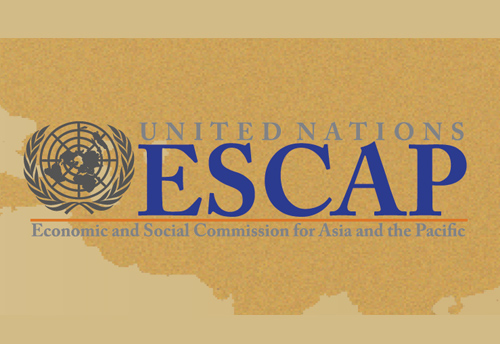
India’s tax laws still perceived to be second most complex in Asia-Pacific region – after that of China: UN Report
New Delhi, May 8 (KNN) While it has been acknowledged that its goods and services tax (GST) has reduced the complexity of its taxation system, India’s tax laws still are perceived to be second most complex in the Asia-Pacific region – after that of China, says a United Nations Report.
To the extent that generalizations can be made, though, tax systems in South and South-West Asia are complex, inefficient and not very conducive to the collection of large tax volumes, the United Nations Economic and Social Commission for Asia and the Pacific report on Reforming Tax Systems in South and South-West Asia said.
The report, release recently, highlighted the government challenges in financing development through tax system.
It said financial contributions by people and businesses to their Government depend on the perception of the public goods and services received, such as education or health care.
Inefficiency in the tax system does not favour inclusion, which in turn lowers tax morale. The result can be a vicious cycle of tax avoidance which hampers financing decent public goods and services, and subsequent low-quality, exclusionary service delivery.
Noting the factors limiting tax system effectiveness, the report said, “ The complexity of the structure and composition of tax systems in South and South-West Asia stems from the multiplicity of taxes, cumbersome assessment procedures, inefficiency of tax administrations, delays in resolving disputes, unequal exemptions granted to certain groups and corruption.”
Each modification imposes additional complexities, making tax administration more difficult. India’s recent introduction of national and state goods and services taxes occurred after some delay; its final form currently affords goods and services exemptions for food and agricultural products.
Further, the report highlights that heavy reliance on indirect taxes means that those who are wealthier pay relatively less tax, because indirect taxes have regressive scale effects. Fragmented indirect taxes and regressive tax revenue streams can be addressed and offset by direct taxation policies, pro-poor public spending and more effective tax administration. However, South and South-West Asian countries face additional challenges in all three areas, leaving regressiveness as a key characteristic of sub-regional tax systems.
Collection of personal income tax and property tax is below potential as a result of high thresholds and various exemptions, thus making tax administration burdensome and inefficient.
Corporate tax rates in many South and South-West Asian countries are not much lower than those in other regions of the world, mirroring the relatively high rates for businesses in developing countries. However, corporate taxes across countries also contain numerous exemptions in an attempt to increase investment and encourage productivity.
These exemptions can be arbitrary and create vested interests in maintaining special conditions when economies and structures have substantially changed.
The problem of adding complexity to each tax is that it burdens the tax administration and its capacity for accurate, timely and transparent tax collection.
On policy recommendations, the report said, “Countries in South and South-West Asia need to design tax systems and taxes that incentivize and accelerate transitions to sustainable economies and environmentally friendlier technologies. Inclusive tax design requires addressing perverse effects in two areas: gender equality and environmental sustainability.”
Tax and spending coordination and negotiation between different levels of government is critical for revenues collected centrally to be spent effectively at the state and municipal levels.
This is very country-specific. Specific tools that countries can use to identify bottlenecks may be, for example public expenditure benefit-incidence analysis, which can capture the distributional impacts of public spending across categories of gender, geography and social groups. That tool showed that access to and utilization of public spending is regressive in India, with gender-differentiated patterns, said the report.
The full report can be viewed at: http://www.unescap.org/sites/default/files/MPFD%20Policy%20Brief%2076_Reforming%20tax%20systems%20in%20SSWA.pdf

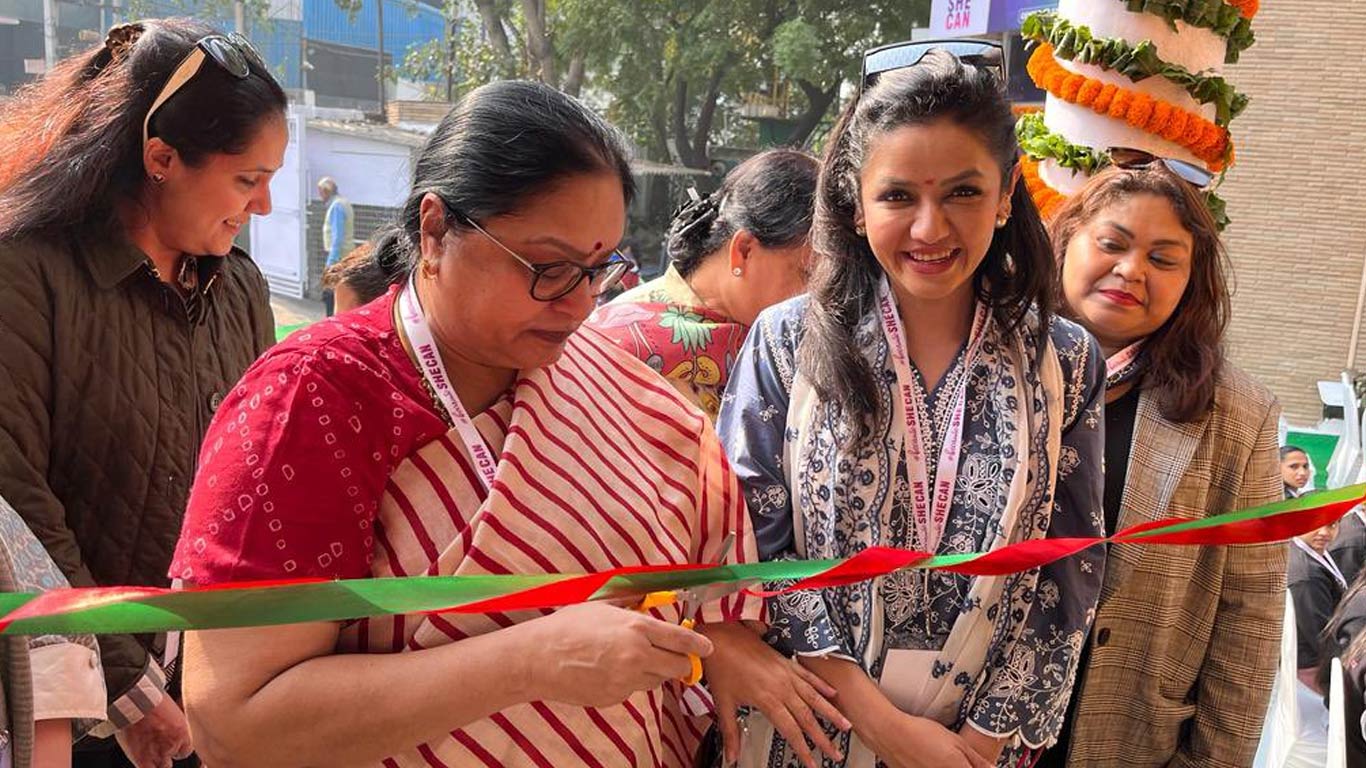
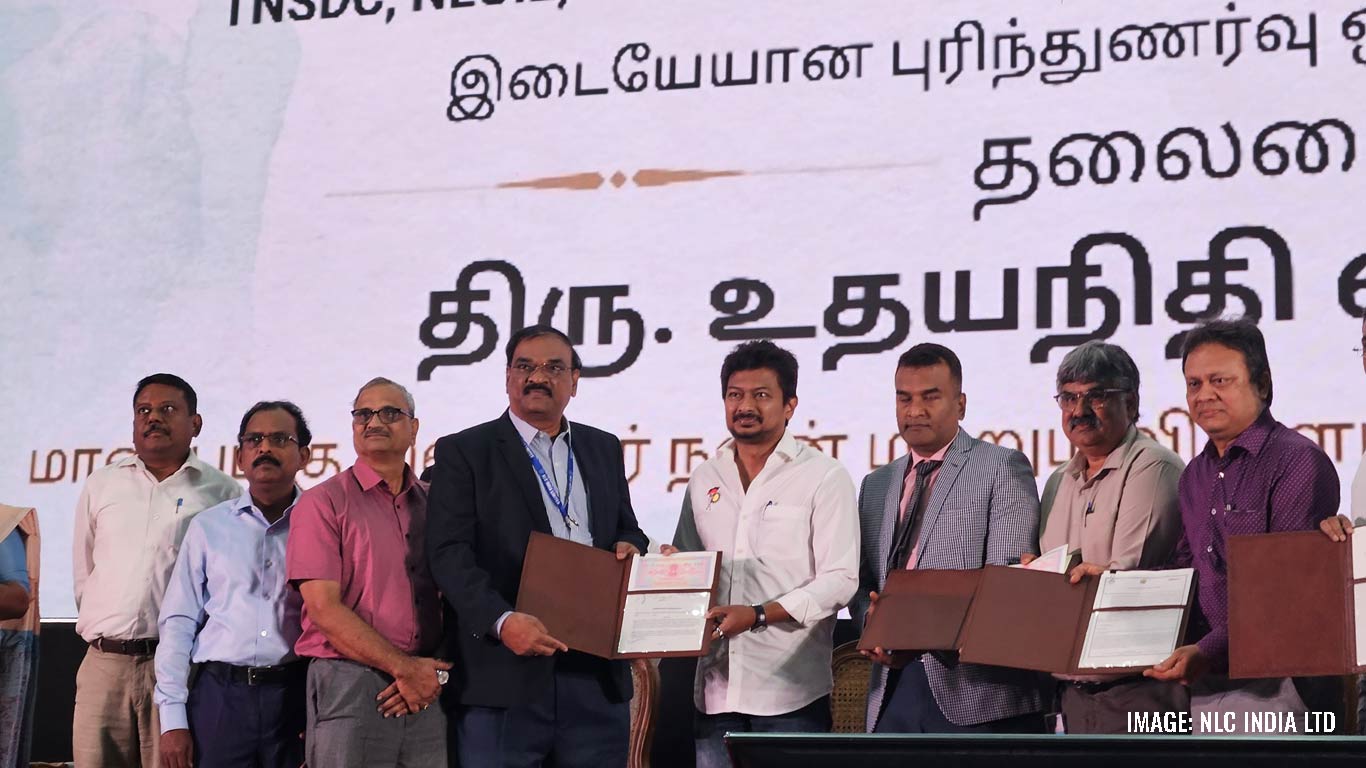

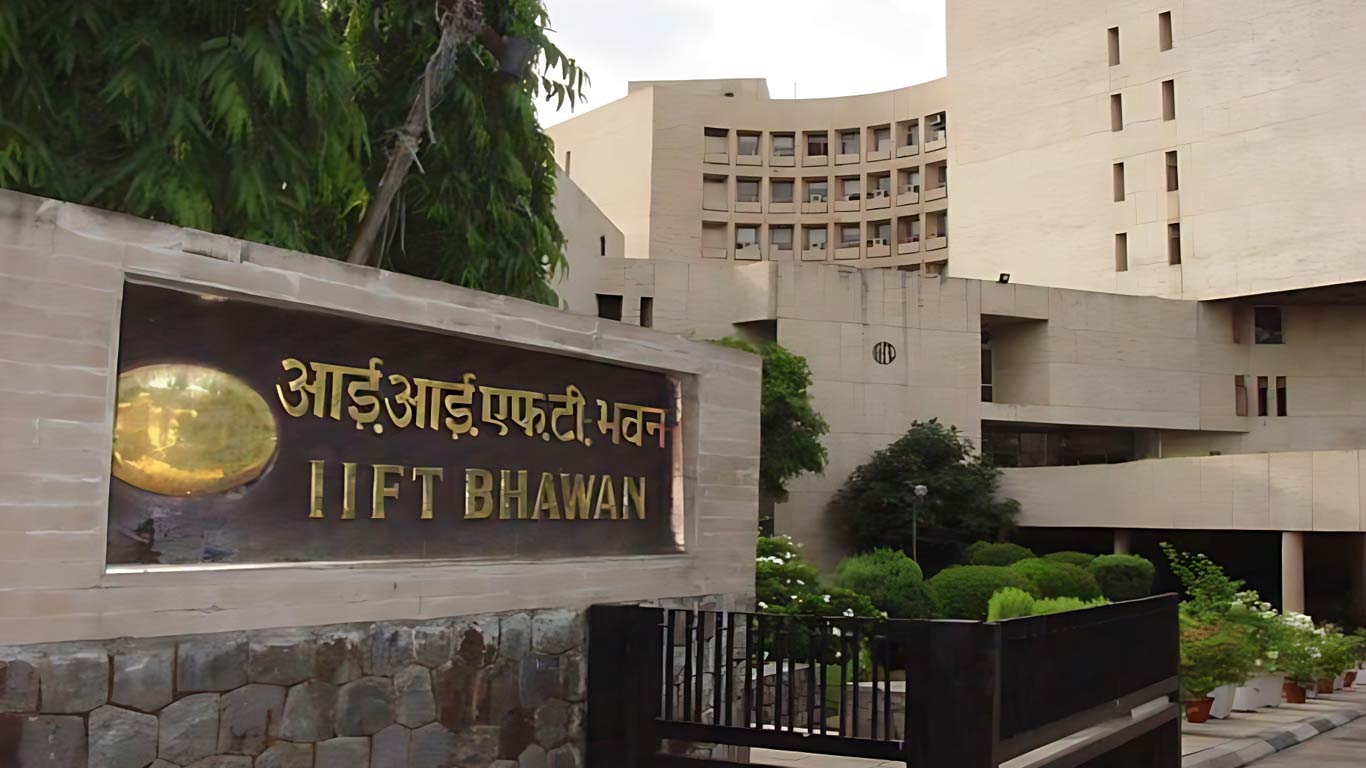
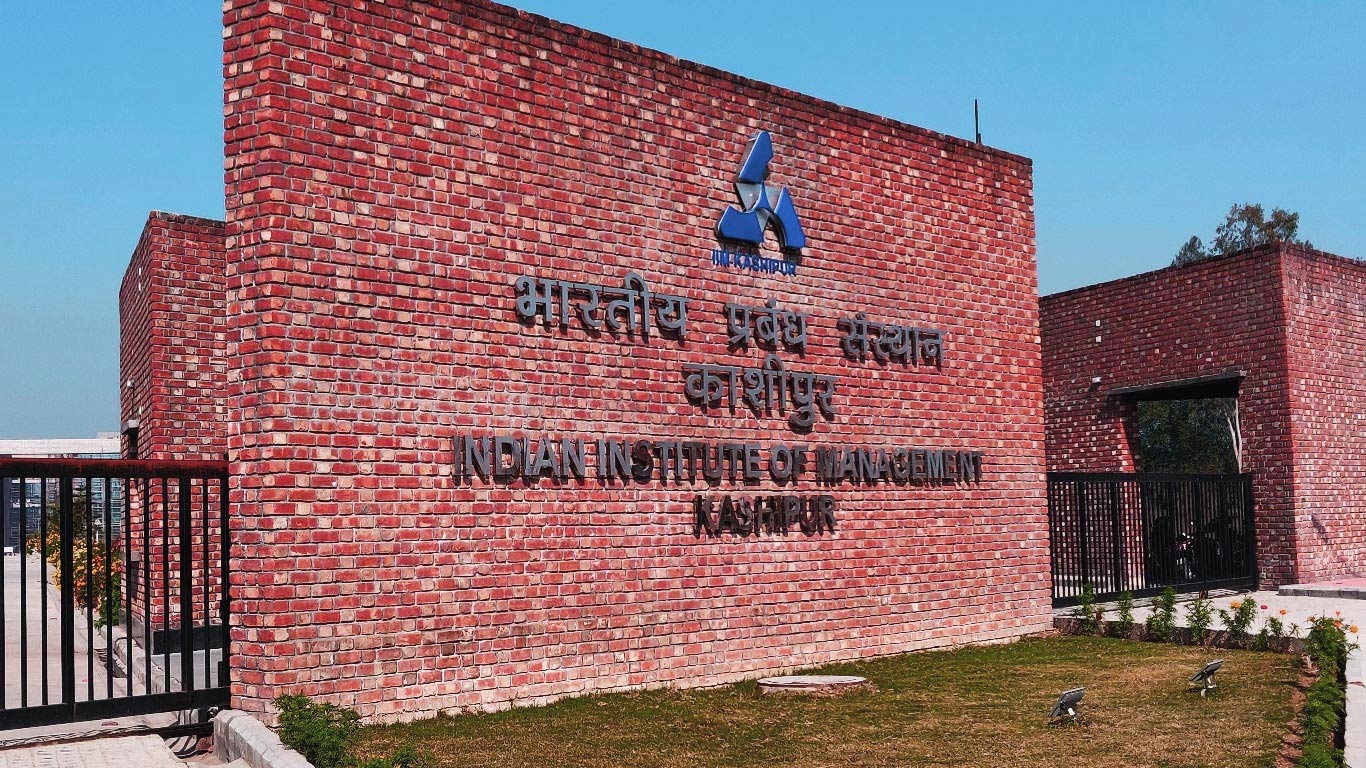





